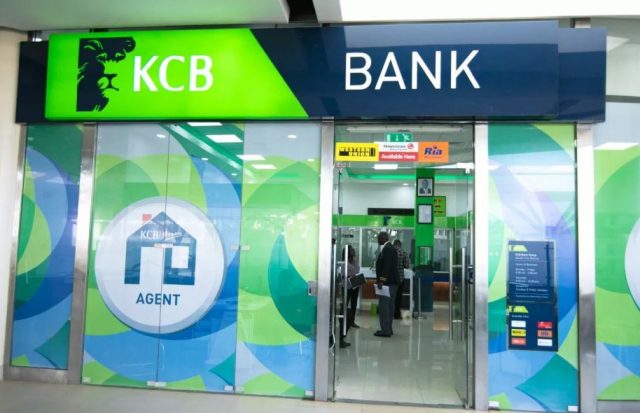
KCB Bank has bee flexing its financial muscle for all the positive reasons. Its latest move to acquire the collapsing National Bank is one that has not been welcomed well by the legislators.
Finance and National Planning Committee, chaired by Kipkelion East MP Joseph Limo had been investigating the proposed acquisition and the recommendations against the takeover presented before the House revealed that the takeover deal undervalues NBK and is not in the best interest of workers, taxpayers, its staff and minority shareholders.
“Considering submissions by stakeholders, the committee recommends that the principal shareholders (National Treasury and National Social Security Fund (NSSF), should not accept the offer by KCB on the acquisition of 100 per cent shares of NBK,” stated the committee chair, Joseph Limo.
The legislators have recommended that the government seeks cash to recapitalise NBK, a proposition that the Treasury has failed to achieve in the past decade pushing the bank to the verge of collapse. Limo’s committee has also proposed that the Treasury seeks alternative ways of funding NBK to ensure that it is compliant with the Banking Act capital ratios so as to continue lending and taking in more deposits.
The acquisition of NBK by KCB is through a ten for one share swap. MPs have also faulted KCB’s valuation of NBK at Sh6 billion against an independent valuation of Sh9 billion which the committee said the offer given by KCB does not reflect the fair value of NBK which is a strong lender with 86 branches across the country.
During the NBK-KCB takeover inquiry, former Treasury Secretary Henry Rotich had told the committee that the merger presented an opportunity to avert the risk of failure by NBK and prevent a potential banking sector crisis.
KCB had announced that it expects the takeover deal to close by October this year, subject to approval from shareholders of the two banks as well as market regulators. Its shareholders had approved the acquisition bid, which is part of KCB’s ongoing strategy to explore opportunities for new growth while investing in and maximising returns from existing businesses.



